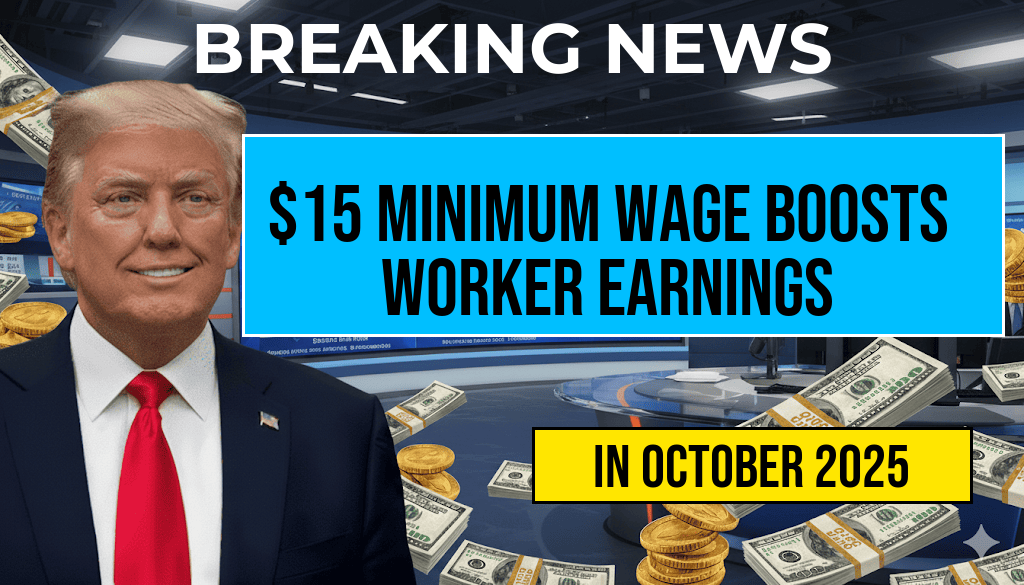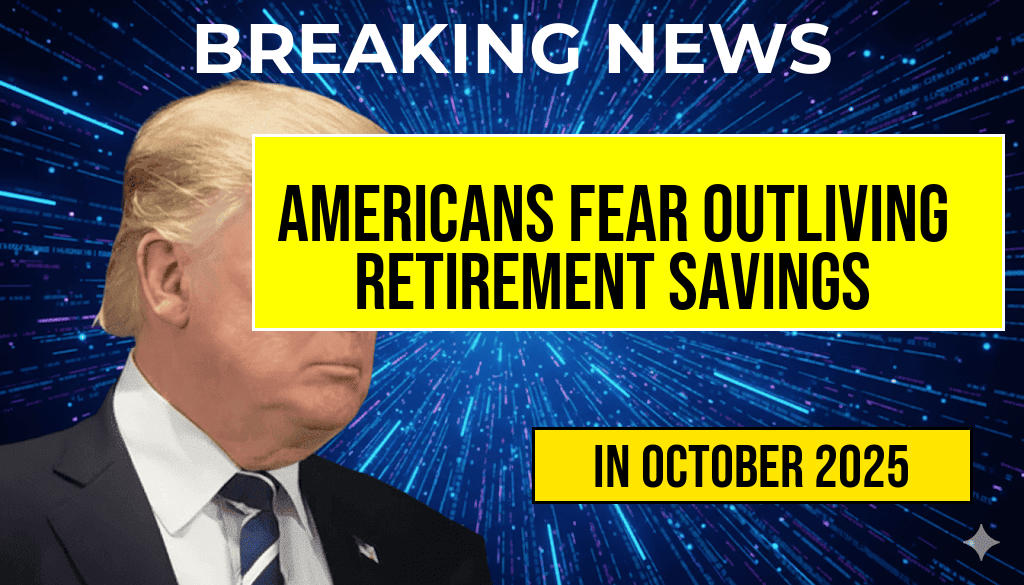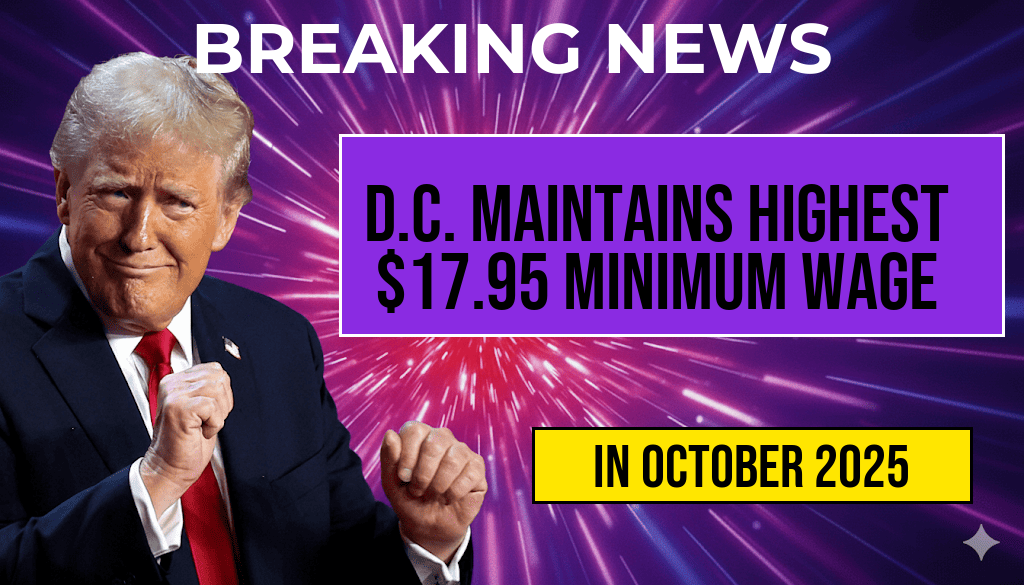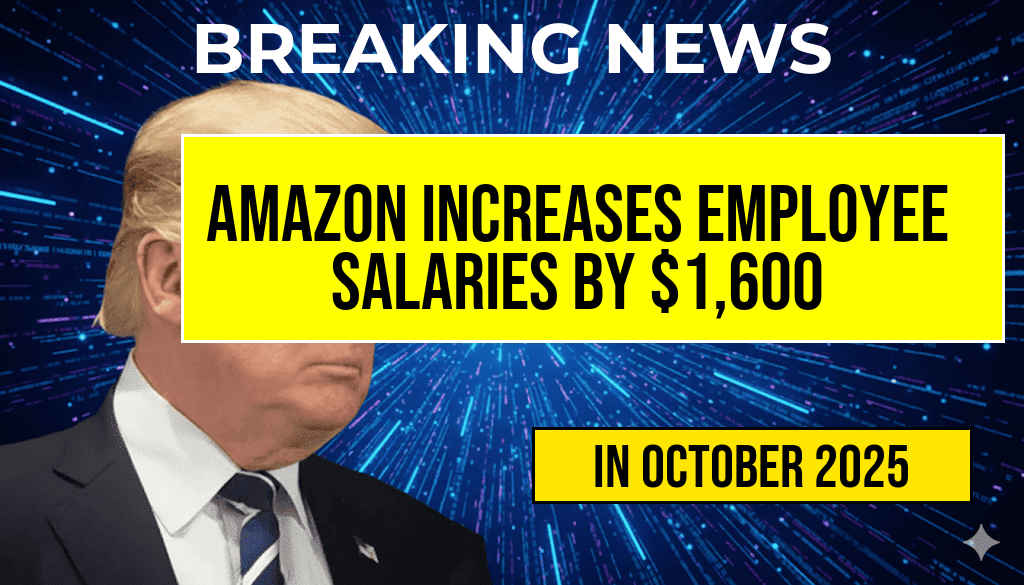Raising the federal minimum wage to $15 an hour could significantly impact millions of American workers, potentially increasing their annual earnings by an average of approximately $3,300. According to a recent study conducted by the Economic Policy Institute (EPI), an estimated 32 million workers across various industries would see wage gains if the federal government implemented this change. The analysis suggests that such an increase would not only boost income levels but also contribute to broader economic effects, including improved consumer spending and reduced poverty rates. Despite ongoing debates over the feasibility and economic consequences of raising the minimum wage, the findings provide a compelling argument for policymakers considering this adjustment amid ongoing discussions about economic recovery and income inequality.
Details of the Earnings Impact
The study estimates that a federal minimum wage of $15 per hour would translate into a substantial boost in annual earnings for many low-wage workers. Currently, the federal minimum wage stands at $7.25 per hour, a rate that has remained unchanged since 2009. The proposed increase would nearly double the current rate, raising concerns about potential impacts on employment levels, which remain a point of contention among economists and policymakers alike.
Projected Income Gains
| Current Hourly Wage | Projected Annual Increase | Estimated Number of Workers Affected |
|---|---|---|
| $7.25 | $3,300 | Approximately 9 million |
| $10.00 | $3,300 | Approximately 5 million |
| $12.00 | $3,300 | Approximately 4 million |
The cumulative effect of raising wages across these groups could result in a total annual income increase for affected workers approaching $105 billion, according to the study. This figure underscores the potential economic significance of such a policy shift, which could ripple through local economies and influence consumer behavior.
Economic and Social Implications
Advocates for increasing the minimum wage argue that higher earnings would directly improve living standards for low-income workers, many of whom struggle with costs related to housing, healthcare, and childcare. The study highlights that a $15 minimum wage could reduce poverty rates by providing a more stable income foundation. Additionally, increased wages are associated with improved worker productivity and reduced turnover, which can benefit employers in the long term.
Potential Challenges and Criticisms
- Employment Effects: Critics warn that a significant wage hike could lead to reduced hiring or increased automation, particularly in small businesses unable to absorb higher labor costs.
- Price Inflation: Some economists suggest that businesses may pass on increased labor costs to consumers, potentially fueling inflation in certain sectors.
- Regional Variations: The impact of a $15 minimum wage could differ based on regional economic conditions, with higher costs of living in urban areas possibly justifying the increase more than in rural regions.
Historical Context and Policy Considerations
The push for a $15 minimum wage gained momentum through campaigns like Fight for $15, which has successfully influenced state-level legislation in places like California and New York. The federal government’s stance remains divided, with some policymakers emphasizing the need for gradual increases to mitigate potential job losses. The Biden administration has expressed support for moving toward a $15 minimum, citing research that demonstrates widespread benefits.
Additional Resources
- Wikipedia: Minimum wage in the United States
- Forbes: Why Raising the Minimum Wage Is a Win for America
- Economic Policy Institute: Raising the Federal Minimum Wage to $15 in 2024
Frequently Asked Questions
What is the proposed federal minimum wage increase to fifteen dollars?
The proposed federal minimum wage increase sets the minimum at $15 per hour, aiming to improve earnings for millions of workers across the country.
How many workers could benefit from the minimum wage increase?
Approximately thirty-two million workers could see a boost in their annual earnings if the minimum wage is increased to fifteen dollars.
What is the estimated annual earnings increase for workers due to the wage hike?
The study estimates that workers could see an increase of about $3,300 per year in their earnings with the proposed minimum wage increase.
How might the minimum wage increase impact the economy?
Raising the minimum wage could lead to increased consumer spending by boosting the income of many workers, potentially stimulating economic growth and reducing poverty levels.
Are there any potential drawbacks to increasing the federal minimum wage to fifteen dollars?
Some concerns include possible increased costs for businesses, which might lead to reduced hiring, higher prices, or shifts in employment patterns, though the overall benefits could outweigh these challenges.




